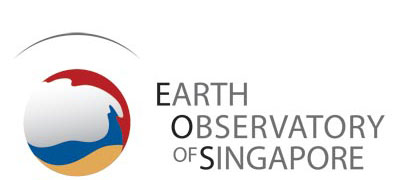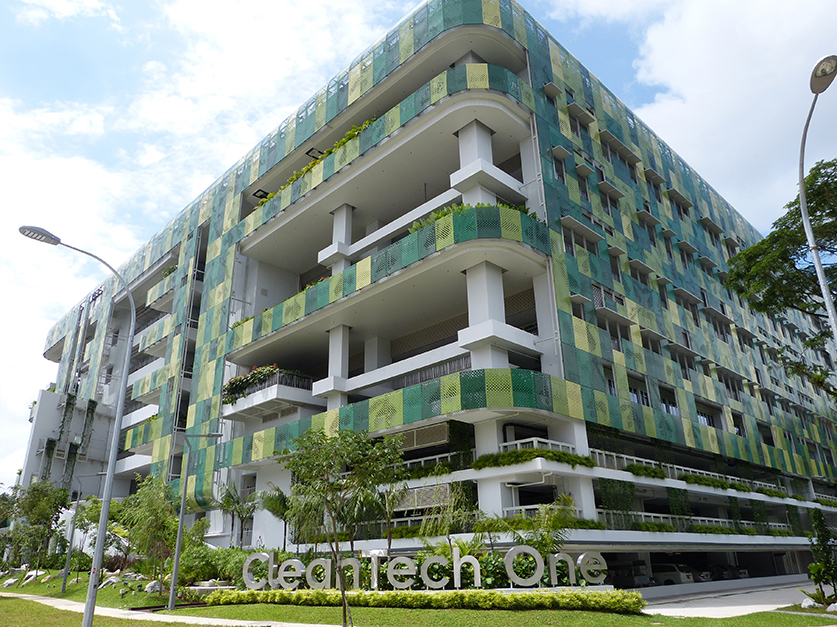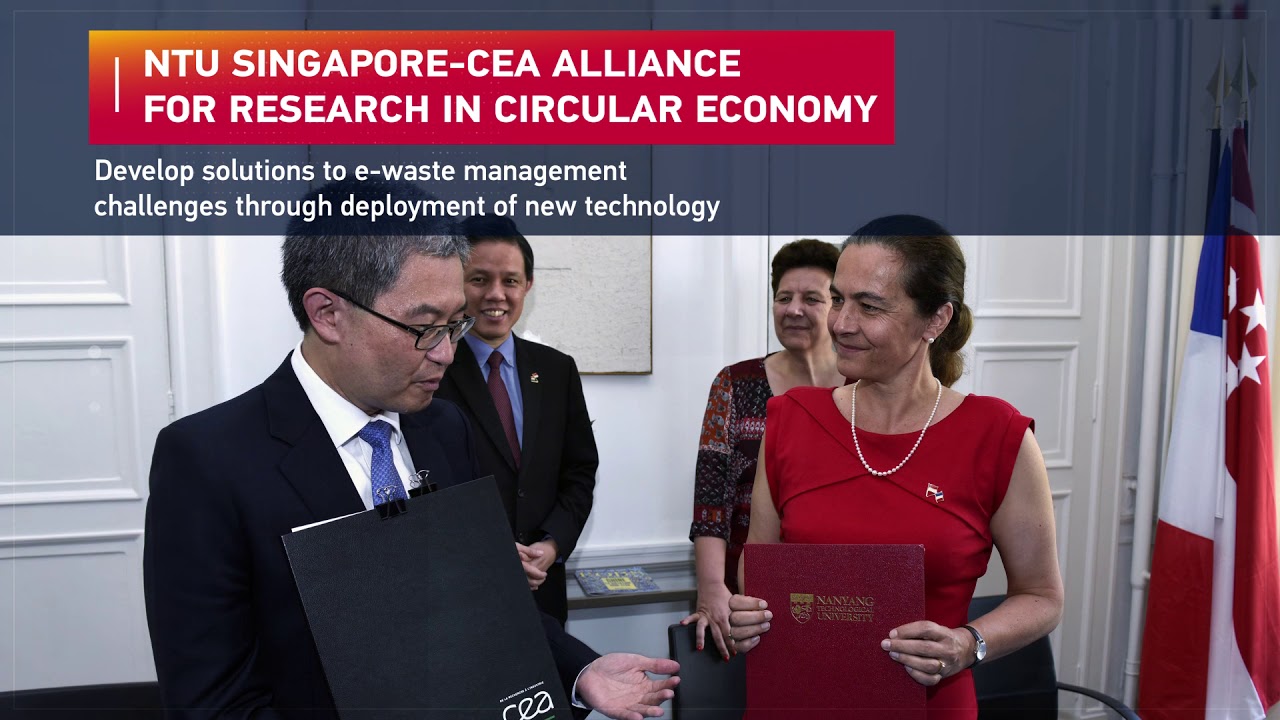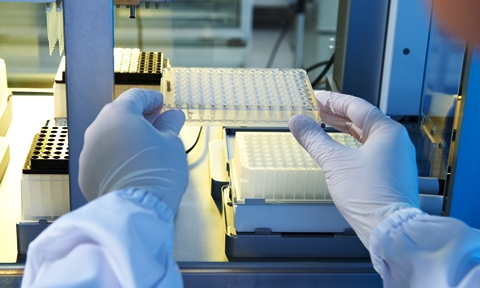Discover the innovations undergoing research, development and testing at NTU research centres
NTU has several research centres focusing on environmental sustainability. This includes the Earth Observatory of Singapore (EOS), Energy Research Institute @NTU (ERI@N), Nanyang Environment & Water Research Institute (NEWRI), Singapore Centre for Environmental Life Sciences Engineering (SCELSE), Singapore CEA Alliance for Research in Circular Economy (SCARCE), Future Ready Food Safety Hub (FRESH@NTU), Institute for Digital Molecular Analytics & Science (IDMxS), NTU Integrated Medical, Biological & Environmental Life Sciences (NIMBELS) and a Sustainable Learning Lab located in the National Institute of Education.
Earth Observatory of Singapore (EOS)
The Earth Observatory of Singapore conducts fundamental research on earthquakes, volcanic eruptions, tsunamis and climate change in and around Southeast Asia, toward safer and more sustainable societies. EOS aims to help build the social compact for Singapore to tackle the challenges of climate change and sustainability, which is central to the major Green Plan policy priority of the Government.
The Institute integrates research across NTU in the context of the energy challenge, and then helps translate outcomes into industry and practice. ERI@N's research focuses on a host of
Interdisciplinary Research Programmes, Flagship Programmes, Consortium Platform and an Accelerator Programme that covers the energy value chain from generation to innovative end-use solutions, motivated by industrialisation and deployment.
Singapore CEA Alliance for Research in Circular Economy (SCARCE)
A joint laboratory between NTU Singapore and the French Alternative
Energies and Atomic Energy Commission (CEA). The joint venture will synergize the expertise of researchers from Singapore and France to address the recycling and recovery of materials from electrical and electronic waste (e-waste), such as discarded lithium-ion
batteries and printed circuit boards. In addition, the laboratory will explore advanced separation and extraction processes of e-waste which are less energy intensive and toxic as compared to current practices. The overall aim is to develop innovative
and energy efficient solutions to recycle and recover e-waste.
Singapore Centre for Environmental Life Sciences Engineering (SCELSE)
Hosted by NTU in partnership with NUS, SCELSE is linking new insights from the life sciences with expertise from the emerging technologies in engineering and natural sciences to understand, harness and control microbial biofilm communities and microbiomes. The exploratory power available to SCELSE researchers, from laboratory-scale to full-scale environmental, medical and engineered systems, combined with an unrivalled level of interdisciplinary expertise places SCELSE in a unique position, to deliver a comprehensive understanding of all aspects of a microbial system.

Future Ready Food Safety Hub (FRESH@NTU)
Set up as a national research platform under the Singapore Food Story R&D agenda, the Future Ready Food Safety Hub (FRESH) provides expert counsel and food safety research services to public and private organisations working to bring novel foods to Singapore. Leveraging our expertise in food toxicology and risk assessment science we help ensure that foods, even those without prior history of safe consumption, can be safely eaten.

Institute for Digital Molecular Analytics and Science (IDMxS)
The Institute for Digital Molecular Analytics and Science (IDMxS), is a Research Centre of Excellence (RCE) at NTU. IDMxS is an organised effort focused on interfacing the biological and living world with the world of information technology and data science.

NTU Integrated Medical, Biological & Environmental Life Sciences (NIMBELS)
NTU Integrated Medical, Biological & Environmental Life Sciences (NIMBELS) is a university-level strategic venture that brings various NTU entities together and collaborate on initiatives to promote synergistic and interdisciplinary partnerships that are critical to addressing many of today’s health and environmental challenges.

Sustainability Learning Lab (SLL) at NIE
The Sustainability Learning Lab (SLL) is a formal center of excellence situated within the National Institute of Education, Nanyang Technological University. Set against a backdrop of rapid climate change, widespread ecological degradation, and uneven development, sustainability is one of humanity’s grand challenges. The inception of SLL is driven by the collective aspiration of our research and teaching community to cultivate sustainability knowledge as well as foster adaptable and inclusive shared futures.
Our Industry Partners
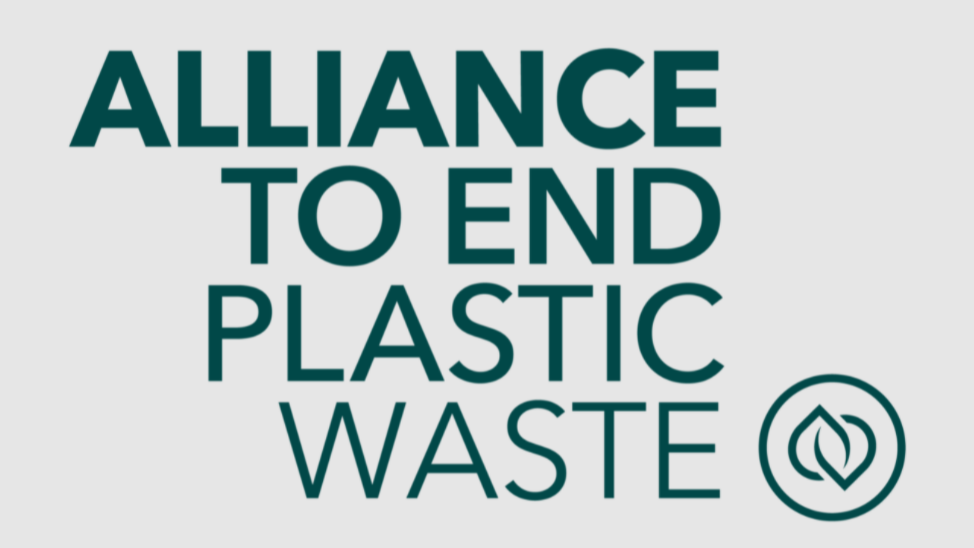







Research News
Engineering materials by understanding nature: Prof Gao Huajian

By studying the properties of natural materials at the nanoscale, Prof Gao Huajian, Distinguished University Professor at NTU, has unravelled the secrets of why bones, shells and teeth do not break easily and how geckos stick to surfaces.
Prof Gao’s passion for understanding the world was fuelled when he was growing up in China’s countryside. He would stare at aeroplanes and birds and wonder about the driving principle behind the flight of the two different objects.
“My interest in science was ignited when I was preparing for the university entrance exams. I was fascinated by the scientific concepts and discoveries that I had read about in textbooks,” says Prof Gao, who joined NTU’s School of Mechanical and Aerospace Engineering in 2019.
Choosing to pursue his interests in science and technology, Prof Gao was at a crossroads when deciding whether to study biology or mechanical engineering at university. He decided on mechanical engineering as he wanted to learn the fundamental principles of how things work.
However, Prof Gao did not forget his childhood fascination with nature. Combining his background in mechanical engineering with an understanding of biological concepts, he started his research on the nanostructures of biological materials when he was a scientist at the Max Planck Institute for Metals Research in Stuttgart, Germany.
“We can learn a lot from studying materials found in nature as they are synthesised molecule by molecule and are optimised, having undergone millions of years of evolution,” he said.
“They are also environmentally friendly and can be made at low cost. By studying natural materials, we can uncover the unexpected and unanticipated. We want to understand these materials, then do better than nature.”
Drawing inspiration from nature
Studying bones, shells and teeth, Prof Gao discovered that the minerals in these materials are arranged in nanostructures that make them up to 3000 times stronger than crystals of pure minerals.
He also found the secret to a gecko’s extraordinary ability to climb walls: it lies in the structures of the microscopic hairs at the base of their feet, which enable the lizards to stick to and scale vertical surfaces.
Prof Gao aims to use his in-depth understanding of natural materials in biological and engineering applications that range from making tougher materials to developing new ways of delivering drugs into cells.
His recent invention is a durable and elastic patch that can withstand the beating of the heart to restore heart function in patients with cardiovascular disease.
Ever the curious scientist, Prof Gao is also interested in often overlooked biological phenomena. For example, he wondered why most viruses were around tens to hundreds of nanometres in size, not smaller or larger. The SARS outbreak in 2003 spurred him to find the answer to this question and he discovered that the key to viruses infecting cells effectively lay in being exactly the right size. This led him to conduct further research on cell membranes and eventually, to develop similar-sized nanoparticles that target bacterial membranes to treat bacterial infections.
Breaking new grounds in research
Prof Gao’s contributions to extending the frontiers of knowledge have earned him numerous honours and awards, including the Guggenheim Memorial Fellowship in 1995; the Rodney Hill Prize in Solid Mechanics from the International Union of Theoretical and Applied Mechanics and the Alexander von Humboldt Research Award, both in 2012; and the 2015 Nadai Medal, the highest recognition of the Materials Division of the American Society of Mechanical Engineers (ASME).
More recently, Prof Gao has been awarded the 2021 Timoshenko Medal by ASME, the highest recognition in the field of applied mechanics for his pioneering contributions to the nanomechanics of engineering and biological systems, a new research field at the interface of solid mechanics, materials science and biophysics.
He has also been elected to prestigious scientific academies around the world, including the US National Academies of Sciences and Engineering, the American Academy of Arts and Sciences and Academies of Sciences in Germany and China.
“Science is a big community, and I enjoy working with students and colleagues to find solutions and surprises together in our exploration. I want to continue asking the right questions, find a clever way to answer them, and hopefully my work will be applied or used in some way,” says Prof Gao.
- Engineering & Technology
- Interface of Biology and Engineering (Engineering in Biology)
- Materials Science & Engineering
- Mechanical & Aerospace Engineering
- Researcher spotlight
- Sustainability



